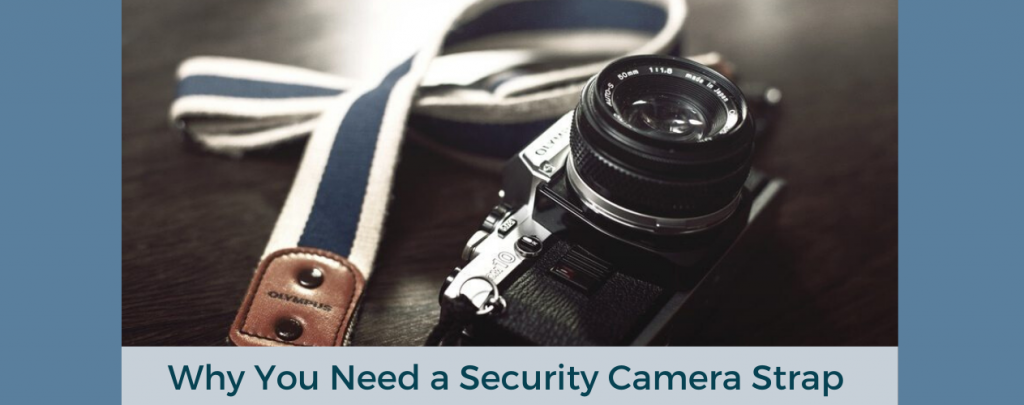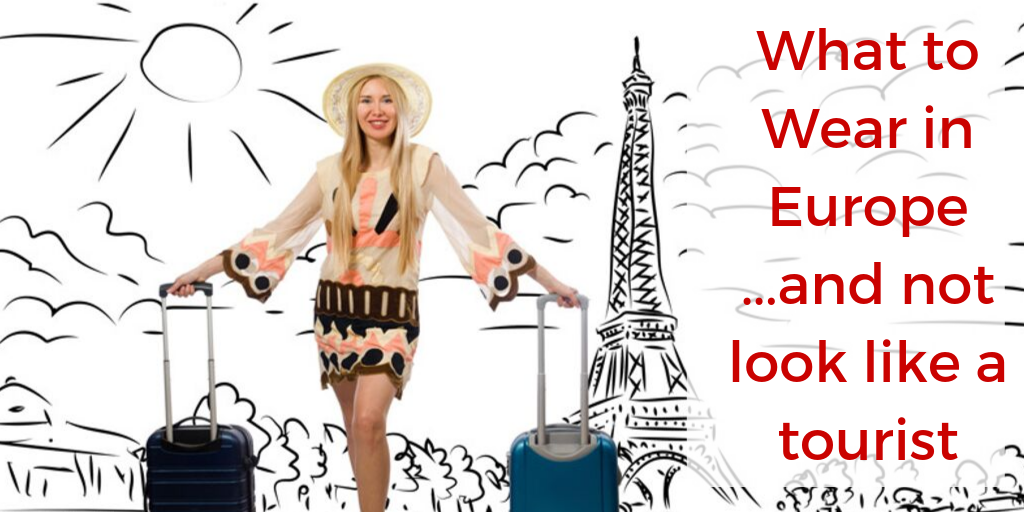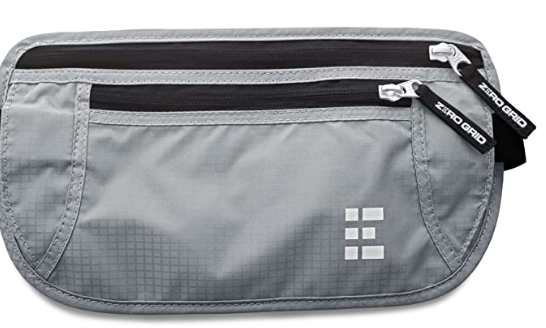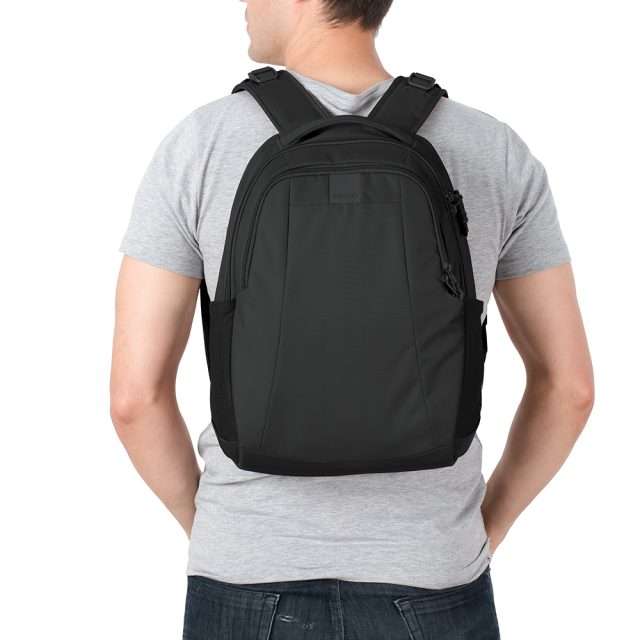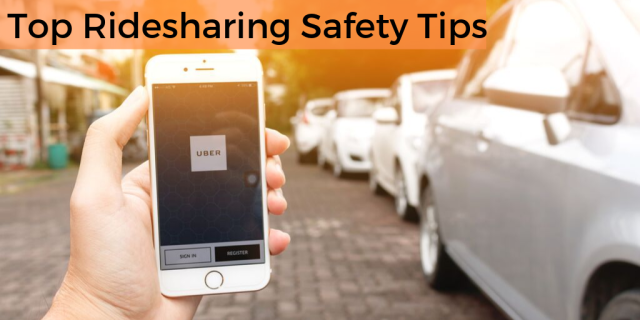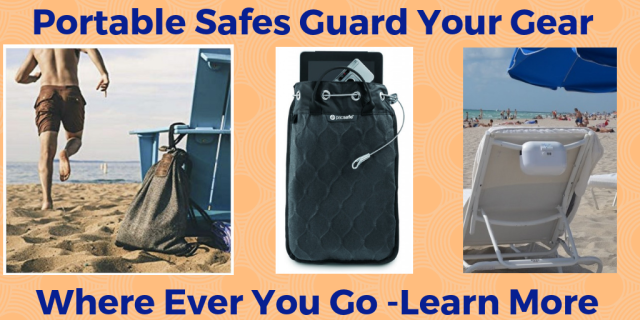Technology has advanced so that photos on your cell phone can quickly help save your missing valuables while traveling. When anything is missing, lost, or stolen while traveling, it can be extremely stressful. Your cell phone can actually facilitate the return of valuables if you take pictures of your valuables prior to departure.
- If belongings are damaged inside of your luggage and you have photos, it becomes easier to file a claim with the airline.
- If anything is stolen, the photos will help you when you file a police report.
- If any identification needs to be replaced, the photos will help you take swift action.
- If anything is missing, a cell phone photo will expedite its return on an airline, at a hotel, in a restaurant, or a tourist location. Lost items are oftentimes turned into a certain area. You’ll have to be able to identify the item to collect it and cell phone photos facilitate those returns.
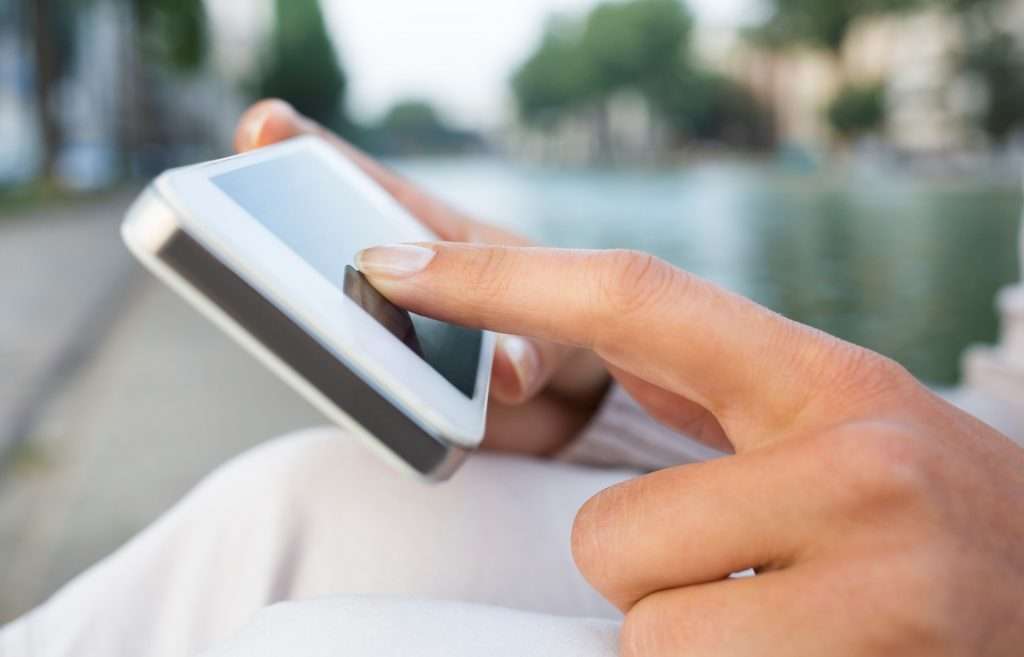
Take Photos with Your Cell Phone of Valuables
What items should you take cell phone photos of prior to your next trip?
- Passport
– A photo of your passport can expedite a replacement or help you while traveling abroad. Take two physical copies of your passport when traveling abroad, but please guard them.
- Identity and Driver’s License
– Cell phone photos help expedite replacements or return.
- Credit Cards – Photos of both sides allow you to cancel credit cards faster so you don’t have to search for direct phone numbers or credit card numbers.
- The Exterior of Your Luggage – A photo of the exterior of your luggage can help the airline find it or help you file a claim.
- The Contents of Your Luggage – Don’t leave it to memory. Instead, lay everything out on your bed so you know exactly what was inside of your luggage so you can report anything missing.
- The Exterior of Your Backpack – A photo of the exterior of your backpack may help file a claim or to locate the backpack faster.
- Contents of Your Backpack
– Don’t guess what was inside of your backpack, but guarantee what you have inside of your backpack.
- The Outside of Your Handbag – A cell phone photo will make it easier for a hotel to find your handbag, file a claim, or to identify an item for return.
- The Contents of Your Handbag – A cell phone photo of all of your contents or valuables will be helpful if you need to file a police report.
- The Interior Contents of Your Wallet – A cell phone photo of everything inside of your wallet will help you to cancel or replace any cards faster.
- Valuables – Cell phone photos of jewelry, watches, or rings can also accelerate their potential return or help in filing a police report.
- Cell Phone – Have your travel partner take a cell phone photo of your cell phone and its cover. You never know if someone will turn in your phone to Lost and Found on an airline or other location.
After You Take Your Photos
Be sure to send a copy of those cell phone photos to a password protected cloud location, your home computer, and a relative’s computer. An extra set of photos is important in case your cell phone goes missing. If you’re traveling abroad, you can quickly call your relative to access certain photos you need or access them from the cloud via your email account.
More Articles You May Like
